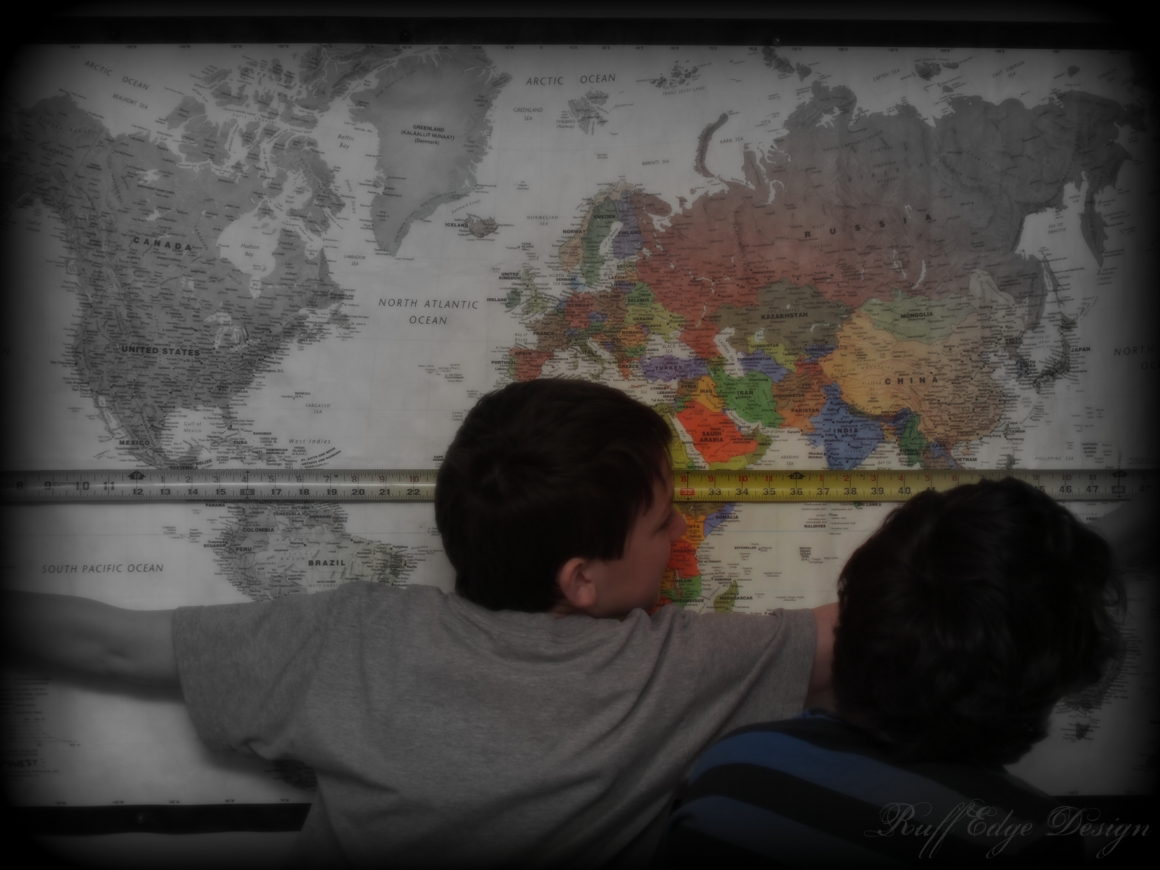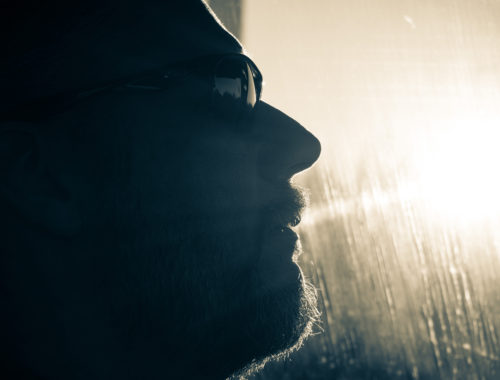
Where Does One Begin?
Now, it is no longer a child who is going to tell this story and that is regrettable. It is a man. Worse yet, it is the university professor I have become. I will have to guard myself very carefully from trying to expound and demonstrate—those two illusions. I will have to return to the simplicity of a child.—Jacques Lusseyran, And There was Light, first page
Lusseyran was nearly forty years old when he began writing his memoir (at least, that’s what I’m led to believe by the date of copyright), so he did not have unlimited choice in his starting point. He was asked to to tell his story, so he began. In fact, the first paragraph of that first page may be even more lovely than what I pulled out up there: “When you said to me: ‘Tell me the story of your life,’ I was not eager to begin. But when you added, ‘What I care most about is learning your reasons for loving life,’ then I became eager, for that was a real subject.
I am a mere ten pages into And There was Light, and this is the third time I’ve started the book since I acquired it about a month ago. So far, the story—the writing itself—is almost too beautiful. I want to stop and savor and share nearly every paragraph. So, I slow down, I tell myself to hold onto those words, to think about them, to write about them, and then I begin to feel overwhelmed, and I put the book back on the shelf. Do you ever put so much pressure on yourself or on one book? It’s silly and I want to scream at whoever or whatever made me this way. Who said, “The perfect is the enemy of the good?” Voltaire?
I am good at starting, and I’ve learned a thing or two about starting points and maps. You can find your destination on a map and work your way back to where you are, but do you always know where you are headed? No, of course not. We should probably, though, know where we are. We should maybe even know how we got there. Whatever the case, we can’t hope to move forward until we say, in some way, “This is my starting point; here I go.”
That brings us to an interesting feature of starting points: they are not static, not set in stone. There’s room to finesse. Lusseyran could not begin his memoir when he was six years old, because he could not become six years old again, but that didn’t stop him from stepping away from the starting point labelled, “Fortyish-year-old university professor trained to expound and demonstrate” and moving to one that may have been called, “Middle-aged man wise enough to appreciate the magic of childhood.”
So start now from a place that lets you move forward, not one that holds you back. It’s what I’m trying to do.



